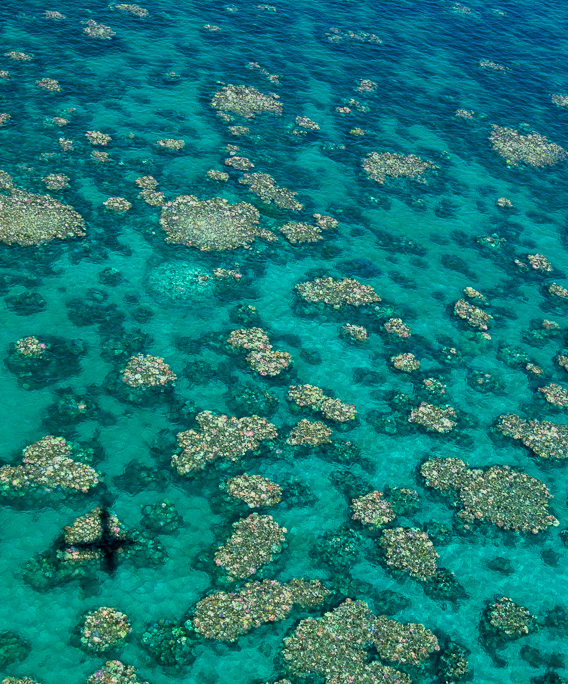Reef kept off danger list
 The Great Barrier Reef has avoided being added to UNESCO's endangered list.
The Great Barrier Reef has avoided being added to UNESCO's endangered list.
The United Nations World Heritage Committee has officially spared the Great Barrier Reef from being added to its list of endangered sites.
However, the spotlight remains firmly fixed on Australia as it faces mounting pressure to demonstrate its commitment to safeguarding the natural wonder from environmental harm.
UNESCO's decision aligns with last month's preliminary recommendation, and Australia now faces a crucial task: to showcase its protective efforts in a comprehensive report due in February.
In response to escalating concerns, the Australian government has unveiled a $150 million initiative designed to bolster reef water quality and implement other essential measures.
Underlying these developments is UNESCO's recent State of Conservation report, which outlined the “utmost concern” regarding the Reef's fate.
This concern arises from a distressing pattern of four mass coral bleaching events since 2016, including an unprecedented occurrence during a cooler La Niña period last year.
Lissa Schindler, representing the Australian Marine Conservation Society, warns that the reef is in the “fight of its life”.
She said the looming threat of marine heatwaves and coral bleaching due to the El Niño weather system are causes for concern.
While the decision is temporary relief, the spectre of an endangered listing still looms large, which could ultimately strip the reef of its coveted World Heritage status.
Federal Environment Minister Tanya Plibersek acknowledges the decision as “welcome news, but it wasn't inevitable”.
Over the past year, the federal government says it has escalated its efforts; heightening emissions reduction targets and allocating substantial funds to enhance water quality.
Additionally, the federal and Queensland governments jointly announced a $160 million package aimed at phasing out gillnets within the Great Barrier Reef Marine Park.
Australia must now present a comprehensive progress report on its commitments to the World Heritage Committee, with a deadline of February 1, 2024.








 Print
Print